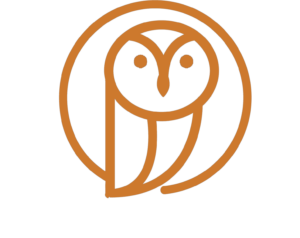The aim of the course is the learning of the ancient Greek language, specifically the Attic dialect, and the familiarization of students with ancient Greek texts from the original. The Attic dialect was the language that prevailed in Greece in the 5th century BC, a period of political, intellectual and artistic prosperity in Athens. It was through the Attic dialect that the common Greek was created, which made the other dialects disappear. Transcending the narrow boundaries of the city-state of Athens, it developed into a language of panhellenic scope and with the conquests of Alexander the Great it became the lingua franca of the time. Its evolution is the modern Greek language. The greatest masterpieces of the European intellectual elite have been written in this dialect.
For this course, the following basic textbooks have been selected: ATHENAZE : An Introduction to Ancient Greek , Book 1 and Book 2 by Maurice Balme and Gilbert Lawall, 2nd Edition, Oxford: Oxford University Press 2003 and READING GREEK: Text, Vocabulary and Grammar by the Joint Association of Classical Teachers’ Greek Course, 2nd Edition, Cambridge: Cambridge University Press 2007. The course introduces students to short Greek texts written in the attic dialect of the 5th and 4th centuries BCE, since the attic dialect is a good basis not only for the works of the major poets and authors of these centuries (e.g. Sophocles, Euripides, Thucydides, Demosthenes, Plato) but also for earlier literature texts (e.g. Homeric epics, early Greek lyric poetry) and later ones (e.g. the New Testament). The course involves the reading of ancient Greek texts at intermediate level based on original literary works in increasing order of difficulty. These texts also provide information about daily life, literature
and culture in ancient Athens. The study of grammar and syntax will be based on the teaching units of ATHENAZE : An Introduction to Ancient Greek , Book 1 by Maurice Balme and Gilbert Lawall, 2nd Edition, Oxford: Oxford University Press 2003.


